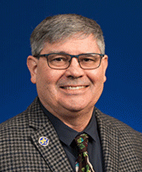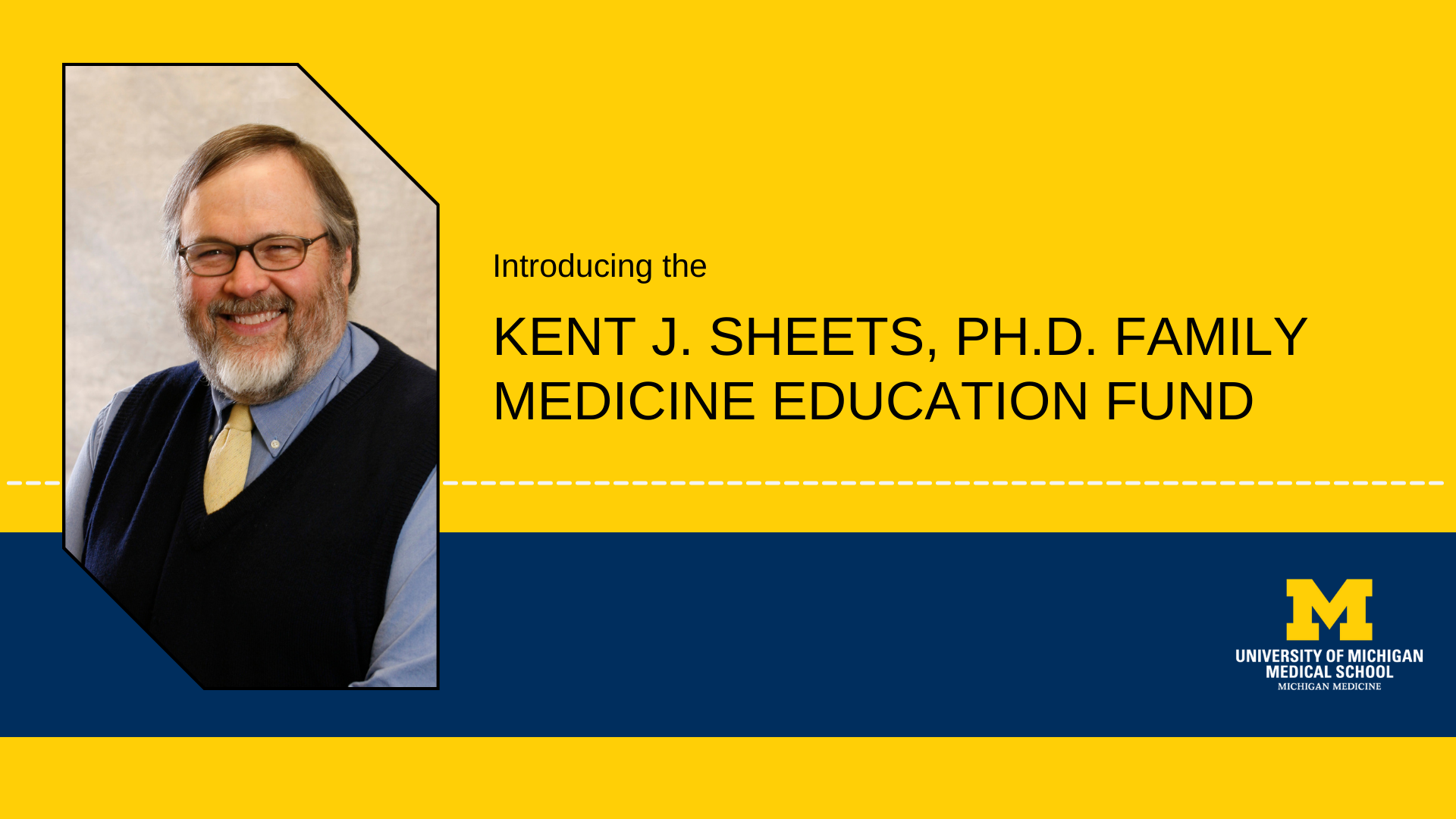Mixed methods research, which combines qualitative and quantitative data collection and analyses, has become increasingly common in social, health, and behavioral sciences over the last 30 years. Prior to the introduction of the methodology, researchers would learn separately about methods of quantitative and qualitative research design, implementation and analysis.
Much debate has been held over the relative merits of both kinds of research. As mixed methodology rises in prominence, groups like the Mixed Methods Program within the Department of Family Medicine at the University of Michigan are training researchers how they can combine the two approaches as a third approach to allow for deeper data insights.
“A mixed methods study is not about taking a qualitative study and a quantitative study and attaching the two,” said Tim Guetterman, Ph.D., the program’s associate director and assistant professor in Family Medicine. “It’s about conducting a meaningful mixed methods study.” This includes thinking ahead about data samples that need to be collected, as well as conceiving concepts to use in gathering qualitative and quantitative data sets so they may be integrated.”
Guetterman and his colleagues – which include program Director and Professor Mike Fetters, M.D., MPH, MA, and Senior Research Scientist John Creswell, Ph.D. – established the Mixed Methods Program in 2015 to train researchers to use the approach in many different areas of research, including education, behavioral training, public health and psychology, as well as business and economics.
"As many methodologists consider integrating qualitative and quantitative strands to distinguish mixed methods from just concomitant use of both approaches, our own research activities, teaching, mentoring, consulting, and mixed methods methodological innovations focus how to achieve integration in multiple dimensions of projects,” said Fetters.
The program provides consultation services to the U-M research community and scientific community at large, supporting mixed methods study design, implementation and analysis for clients around the world. Program members have taught mixed methodology around the world in locations ranging from Australia, Bangkok, China, Denmark, England, Germany, Hong Kong, Indonesia, Jamaica, Japan, Qatar, Asfan, Saudi Arabia, South Africa, South Korea, Sweden and Trinidad. Cresswell, an emeritus professor with U-M’s Department of Family Medicine and an original founder of Mixed Methods, has had a particular focus in introducing the methodology to parts of Asia, including Singapore, Malaysia, Thailand and Japan.
"I have been encouraging mixed methods research in Asia for the last couple of years and am learning much about indigenous mixed methods research in other cultures," Creswell said.
Since its inception, program faculty have hosted and taught approximately 875 workshop participants from within Michigan Medicine and beyond. Participants Include scholarship students and scholars, some of whom can participate with the help of a Sara and George McCune Foundation gift for international scholars from developing nations. The McCune Foundation, in part, supports training female scholars from low- and middle-income countries, with a larger goal of supporting the growth of social capital in communities.
The Mixed Methods Program also just received a two-year, $86,000 grant for a Qualitative and Mixed Methods Research Capacity Building Project, which will address the research needs of grant applicants of the Foundation for Child Development, the award’s sponsor. Mixed Methods faculty members will use the funding to improve the methodological quality and rigor of full applications to the foundation.
U-M’s Mixed Methods Program also provided consultations on over 160 mixed methods projects conducted within and outside of the Department of Family Medicine by providing in-depth methodology consultation for individuals referred.
While quantitative data is seen as more reliable and scientific in some fields, it can be difficult for lay readers to interpret the data. While less known in the health sciences, qualitative research is robust, widely utilized and respected approach in many other fields. As one of the world’s first think tanks on mixed methods, the program is thriving by showing how to integrate these two approaches.
Guetterman, in his past work measuring the effectiveness of child welfare programs, observed how combining qualitative data analysis with quantitative analysis can generate enthusiasm around research information and reporting data insights that might have been otherwise overlooked.
“I was very heavily trained in quantitative methods … (but) over time, I started to ask (service beneficiaries) questions and I started to include some qualitative quotes in the presentations I would give to legislators,” Guetterman said.
He noticed that the legislators gravitated towards the qualitative data he included and that beneficiary quotes would resonate with them rather than the complex quantitative results he had conducted.
Acting upon what he observed, Guetterman acted upon the suggestion of Creswell to learn more about conducting qualitative research. Although certain disciplines find value in one method over another, Guetterman said he is hard pressed to think about an area of scientific inquiry that wouldn’t benefit from mixed methodology.
An increasing number of researchers worldwide seem to agree.
The Mixed Methods Program has an extensive waiting list of those who want to learn about the methodology, according to Guetterman.
“We have a strong commitment to training and education,” he said about program members. “What I enjoy most is serving as a methodologist and as a mentor to others on their projects. As far as my own projects, I enjoy the complexity (of mixed methods) and the different ways of designing a study.”
Fetters noted, “I find it really rewarding to see and share the excitement of others whose eyes open to the amazing possibilities of integrating qualitative and quantitative strands as mixed methods research.”
For more information about the Mixed Methods Program at the University of Michigan, visit https://www.mixedmethods.org/




